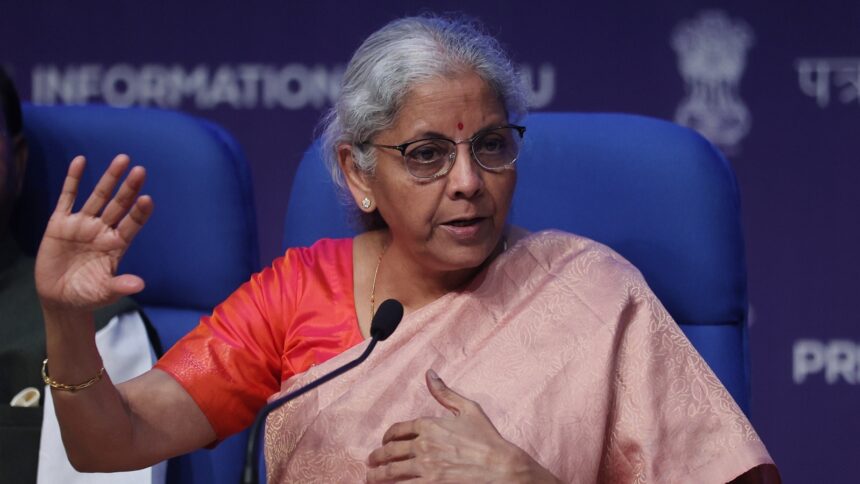Wrist watches, handbags, antiques, paintings, sculptures, sunglasses, home theatre systems, shoes and sportswear priced over Rs 10 lakh will now face a Tax Collected at Source (TCS) levy of 1 per cent at the point of sale effective Tuesday, the Income Tax Department said in an official notification.
Though this announcement to bring in some goods, apart from motor vehicles, into the ambit of was announced in the July 2024 and was to be implemented from January 1 this year, the I-T Department has notified the categories of other items now. The move is expected to help the tax authorities to trace the sale of such luxury goods and match it with the income tax profile of taxpayers to detect any possible evasion.
What are the items that are likely to invite TCS levy
In a notification dated April 22, the Income Tax Department has notified the new rules for the levy of TCS on sales of these luxury items priced over Rs 10 lakh. As per the list shared by the Department, sale of any wrist watch; any art piece such as antiques, painting, sculpture; any collectibles such as coin, stamp; any yacht, rowing boat, canoe, helicopter; any pair of sunglasses; any bag such as handbag, purse; any pair of shoes; any sportswear and equipment such as golf kit, ski-wear; any home theatre system; and any horse for horse racing in race clubs, horse for polo, will now attract a 1 per cent TCS.
The obligation to collect TCS will be on the seller in respect of the notified goods such as wrist watches, art objects such as paintings, sculptures, and antiques, collectible items including coins and stamps, yachts, helicopters, luxury handbags, sunglasses, footwear, high-end sportswear and equipment, home theatre systems, and horses intended for racing or polo.
How will TCS help in expanding tax base?
Tax experts said the move to levy TCS on luxury goods will help expand the tax base. Buyers of luxury goods may face extra KYC requirements, they said.
“This notification operationalises the government’s intent to enhance monitoring of high-value discretionary expenditure and strengthen the audit trail in the luxury goods segment. It reflects a broader policy objective of expanding the tax base and promoting greater financial transparency. Sellers will now be required to ensure timely compliance with TCS provisions, while buyers of notified luxury goods may experience enhanced KYC requirements and documentation at the time of purchase. Although the luxury goods sector may undergo some transitional challenges, this measure is expected to promote formalisation and improved regulatory oversight over time,” Sandeep Jhunjhunwala, tax partner at Nangia Andersen LLP said.
The Budget for 2024-25, presented in July 2024, had mentioned amendment of Section 206C of the Income-tax Act. The Finance Act, 2024 had stated that a seller of a motor vehicle priced above Rs 10 lakh or any other goods, as may be specified by the Central government by notification, will have to collect a 1 per cent TCS from the buyer on the sale consideration as income-tax. The TCS levy for motor vehicles priced above Rs 10 lakh had come into effect from January 1 this year. Other categories of goods have been notified now.








